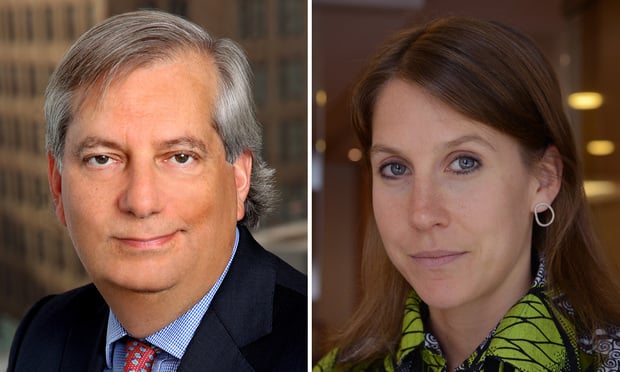On Sept. 15, 2014, the U.S. Court of Appeals for the Seventh Circuit in Kienitz v. Sconnie Nation, 766 F.3d 756 (7th Cir. 2014), delivered a rebuff to the U.S. Court of Appeals for the Second Circuit’s controversial copyright “fair use” holding in Cariou v. Prince, 714 F.3d 694 (2d Cir. 2013). The Cariou court had taken the most striking position to date on the concept of “transformative use” in determining whether the “fair use” defense to copyright infringement applies. It held that where an author has appropriated the copyrighted work of another but “transformed” it into something new and distinct, there is no infringement of the original author’s work.
As the Kienitz court suggested, and as this article will discuss, the Cariou holding diverges substantially from the language of the federal Copyright Act of 1976, 17 U.S.C. §§101-810, expands the reach of the precedents on which the holding relies, and, as the Seventh Circuit noted, directly conflicts with one of the exclusive rights granted to a copyright holder—the right to make derivative works.



